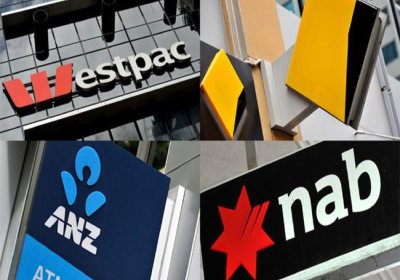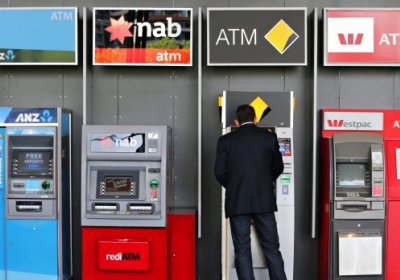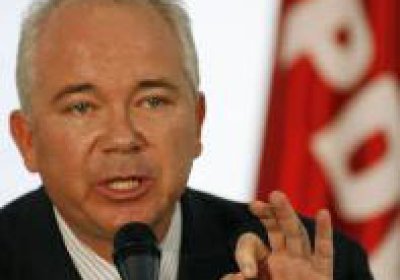The public debate over the problems of electricity supply displays a curious disconnect. On the one hand, there is virtually universal agreement that the system is in crisis. After 25 years, the promised outcomes of reform in the electricity industry — cheaper and more reliable electricity, competitive markets and rational investment decisions — are further away than ever.
Nationalisation
The socialisation of essential services is fast becoming a formidable policy in the “contestable marketplace of ideas”. Nowhere is this more so than with railways and bus services; an everyday service all social demographics touch daily.
British Labour leader Jeremy Corbyn believes nationalisation and socialisation will save millions of pounds a year, get community members back to work, augment sustainable transport and retool British industries.
Australia's Big Four banks — the Commonwealth, NAB, ANZ and Westpac — are the most concentrated and profitable set of banks in the world. These mega-banks are cutting their workforces, while paying their executives huge salaries and bonuses. They should be placed in public hands.
The federal government's much-vaunted parliamentary inquiry into the banking system was correctly called "a farce" by Labor MP Pat Conroy on October 4, the first day of a three-day hearing in Canberra. Conroy said: "I have two days of questions here" but no time to ask them.
The inquiry was an attempt by the government to deflect growing calls for a royal commission into the banking system.
"Let's take the big banks head on over their crimes and their attempts to cover up their massive financial rip-offs, and nationalise them under workers' and community control," Peter Boyle, Socialist Alliance candidate for the seat of Sydney in the upcoming federal election, said on April 14. Boyle was responding to reports the banks were considering a huge advertising blitz against plans by the Greens and the Labor Party to launch a Royal Commission into the banking and finance sectors.
On October 7, the Socialist Alliance adopted as a key focus for its next federal election campaign a call to bring the mining industry and the banks under public/community ownership and control, so they can be run in a way that respects Aboriginal rights, the environment and social justice. The urgent need to address climate change alone demands that these industries be immediately taken out of the hands of the billionaires and their global corporations and operated as not-for-profit public services under the democratic control of the majority.
- Previous page
- Page 2
- Next page










